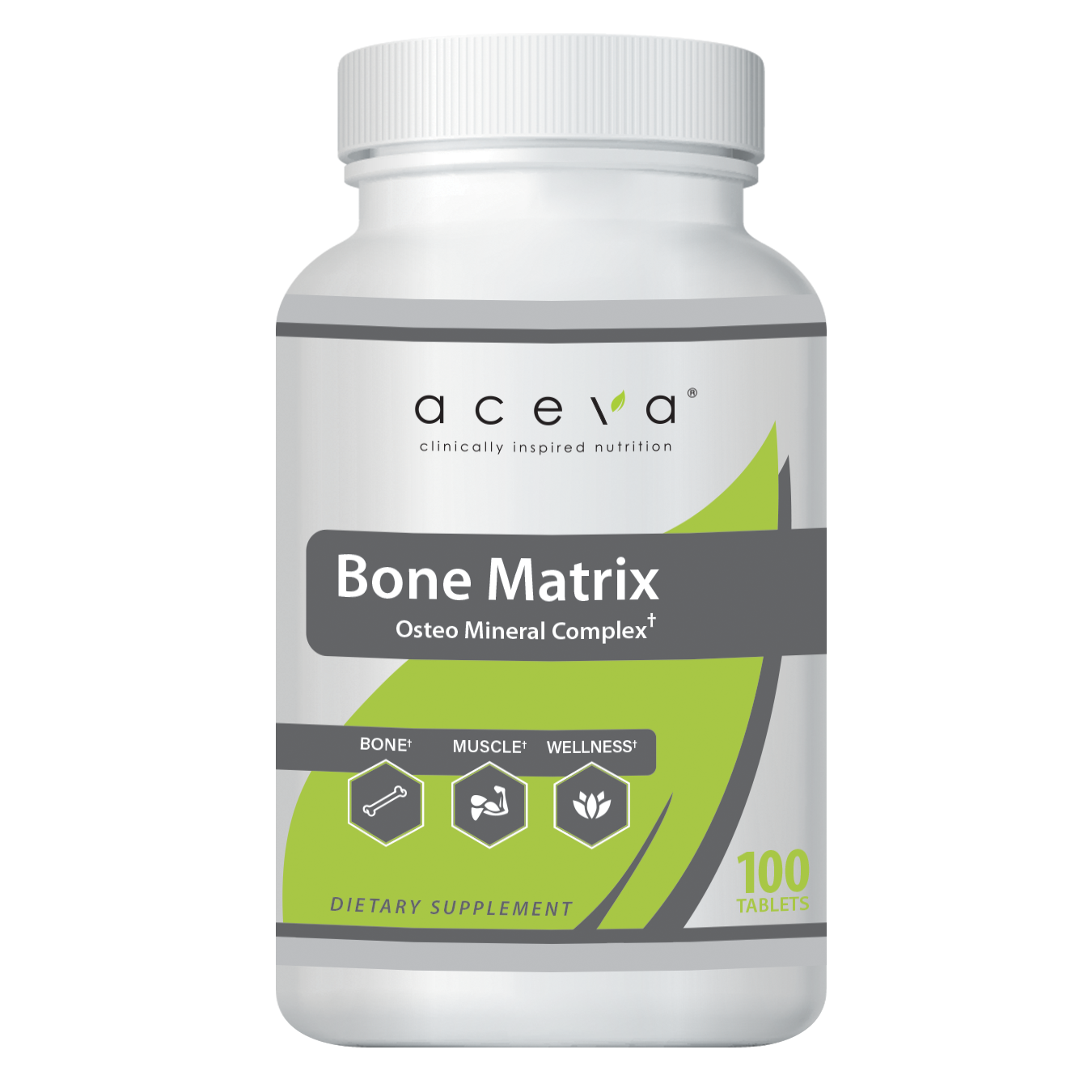We often take our bones for granted. These silent supporters play a vital role in our overall well-being. From providing structure to storing essential minerals, our bones are fundamental to our body's functions. Let's explore why bone health is crucial and how you can maintain strong, healthy bones throughout your life.
Why Bone Health Matters
Support and Protection
Your bones are the framework of your body. They give you shape, support your weight, and protect your vital organs. Imagine trying to stand, walk, or even sit without the sturdy support of your skeleton. Bones like the skull and rib cage act as armor, shielding your brain, heart, and lungs from injury.
Movement
Healthy bones, along with muscles, tendons, and ligaments, enable you to move smoothly and pain-free. Every step you take, every lift you make, involves the coordinated effort of your skeletal system. Strong bones are crucial for maintaining mobility and independence, especially as we age.
Mineral Storage
Bones are a reservoir for essential minerals, particularly calcium and phosphorus. These minerals are critical for maintaining bone strength and structure. When your body needs them, bones release these minerals into the bloodstream, ensuring your cells can function properly. This balance is vital for overall health.
Blood Cell Production
Bone marrow, the soft tissue inside bones, is a powerhouse for producing blood cells. Red blood cells, which carry oxygen throughout your body, and white blood cells, which fight infection, are all produced in the marrow. Healthy bones are essential for a robust immune system and efficient oxygen transport.
Tips for Stronger Bones
Get Your Calcium and Vitamin D
Calcium and Vitamin D are the dynamic duo of bone health. Calcium strengthens bones, while Vitamin D helps your body absorb calcium efficiently. Incorporate calcium-rich foods like dairy products, leafy greens, and fortified cereals into your diet. Don't forget about Vitamin D; get it from sunlight exposure, fatty fish, or supplements if necessary.
Engage in Weight-Bearing Exercise
Physical activity is a cornerstone of strong bones. Weight-bearing exercises, such as walking, jogging, and weight training, stimulate bone formation and slow down bone loss. Activities that make you move against gravity help build bone density. Aim for at least 30 minutes of exercise most days of the week.
Make Healthy Lifestyle Choices
Your lifestyle choices significantly impact your bone health. Avoid smoking, as it can weaken bones and increase the risk of fractures. Limit alcohol consumption, which can interfere with the body's ability to absorb calcium. Maintain a balanced diet rich in nutrients to support overall bone health.
Maintain a Healthy Weight
Being underweight increases the risk of bone loss and fractures, while excess weight puts additional stress on your bones. Aim for a healthy weight to support bone health.
Avoid Excessive Caffeine and Salt
High intake of caffeine and salt can lead to calcium loss from bones. Moderation is key; enjoy your coffee and salty snacks in reasonable amounts to keep your bones happy and healthy.
Conclusion
Taking care of your bones is an investment in your future. By following these tips and making bone health a priority, you can ensure a strong foundation for a vibrant and active life. Remember, healthy bones are the backbone of a healthy body.
Stay strong, stay active, and take charge of your bone health today!
Join the Conversation:
Do you have any favorite bone-strengthening exercises or recipes rich in calcium? Share your tips and experiences in the comments below! Let's inspire each other to build stronger, healthier bones.






